Hungary – “There can be no Russian networks in Europe that split the EU from within, those that are trying to help Russia make as much money as possible even now. Everyone knows very well who in the European Union opposes humanity and common sense, and who does nothing at all to help establish peace in Ukraine. This must stop, and Europe must stop listening to any excuses from officials in Budapest”, Ukrainian President Zelensky said in a videoconference with the Danish parliament on 29 March.
Since the beginning of the conflict between Russia and Ukraine, Hungary has been singled out for its refusal to accept Ukraine’s demands, especially by the Ukrainian authorities, who are spending a lot of energy telling European countries what to do and issuing moral judgements after having armed civilians and refused serious negotiations with Russia for some time.
Zelensky speaks of humanity and common sense while demanding that Hungary give up Russian gas, which is a nice example of the pot calling the kettle black. At a time when the comedian from Kyiv is playing the sanctimonious commander and geopolitics seems to be rising from its ashes while becoming more democratic (allowing for an escape from the Covid narrative, which will no doubt only be temporary), let us recall a few basic elements of common sense and geopolitics:
- Hungary is not Ukraine.
- Hungary is not at war with Russia.
- Hungary’s interests are not identical to those of Ukraine.
- Viktor Orbán leads Hungary.
- Volodymyr Zelensky leads Ukraine.
It should be easy for everyone to follow up to this point, right?
But let us continue.
- Hungary is struggling to rearm and does not want to get involved in a conflict in its neighbourhood for fear of being dragged into it. It will therefore not send weapons and wants to stay out of anything that could lead to escalation, including the shipping of weapons across its border with Ukraine.
On the Ukrainian side of the border, there are some 100-150,000 ethnic Hungarians. Hungarians have been living there for more than 11 centuries, as that region only became part of Ukraine under Stalin’s rule. Arms shipments across this region could drag it into the conflict. It has been spared until now, but the Russians have warned they will strike Western arms convoys once they reach Ukrainian soil.
- Hungary is 85% dependent on Russian gas.
This gas is used for heating (60% of Hungarians heat their homes with gas), and also by the industrial sector.
- Viktor Orbán inherited this dependence.
During his three consecutive terms in office since 2010, he has also been the Hungarian leader who has done the most to diversify the country’s energy sources since the end of Communism, notably by engaging the country in the Three Seas Initiative (linking Croatian and Polish liquefied natural gas [LNG] terminals) and by negotiating assiduously with Serbia, Turkey, and Azerbaijan for the purchase and transport of gas from the South Caucasus.
- The country does not have the financial, material, physical, and logistical means to replace its entire supply line of Russian gas in less than ten years, according to Hungarian experts.
Is this clearer now?
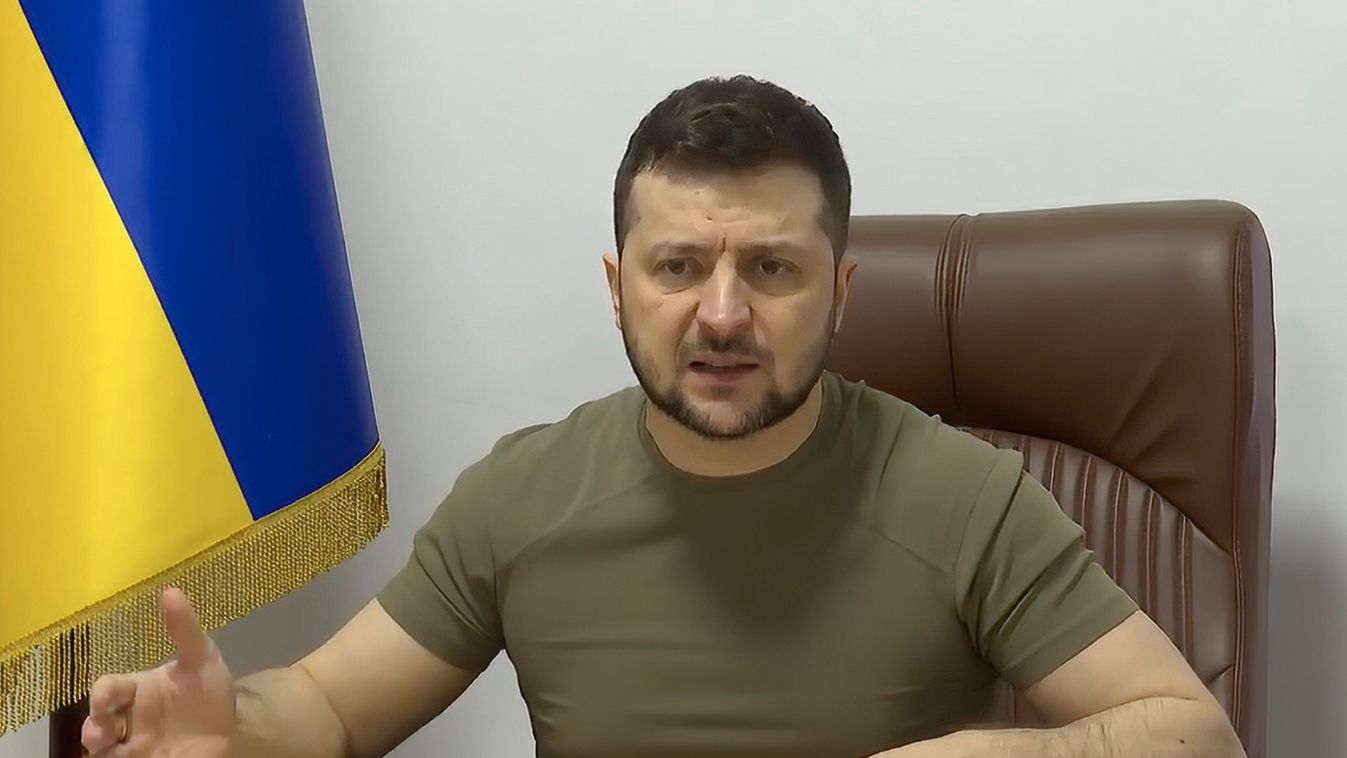


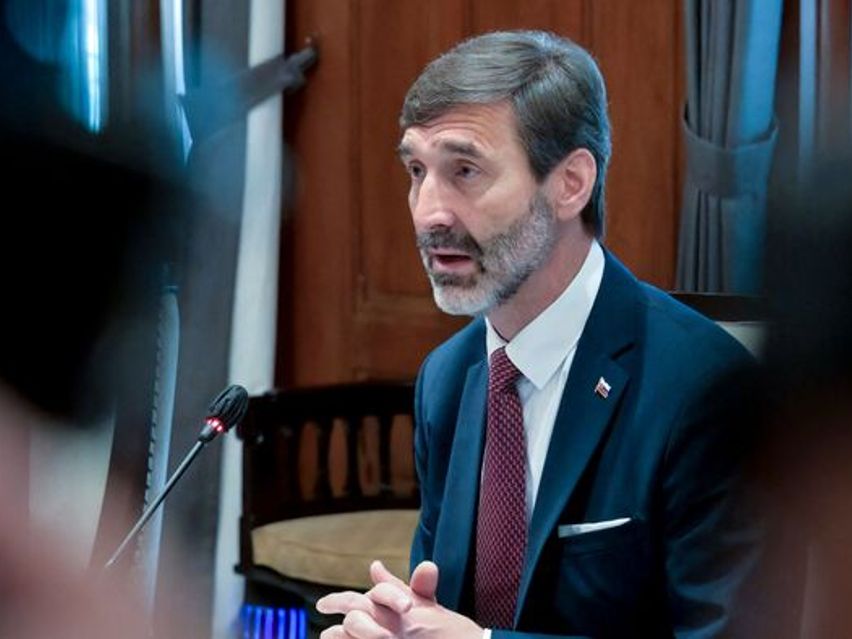
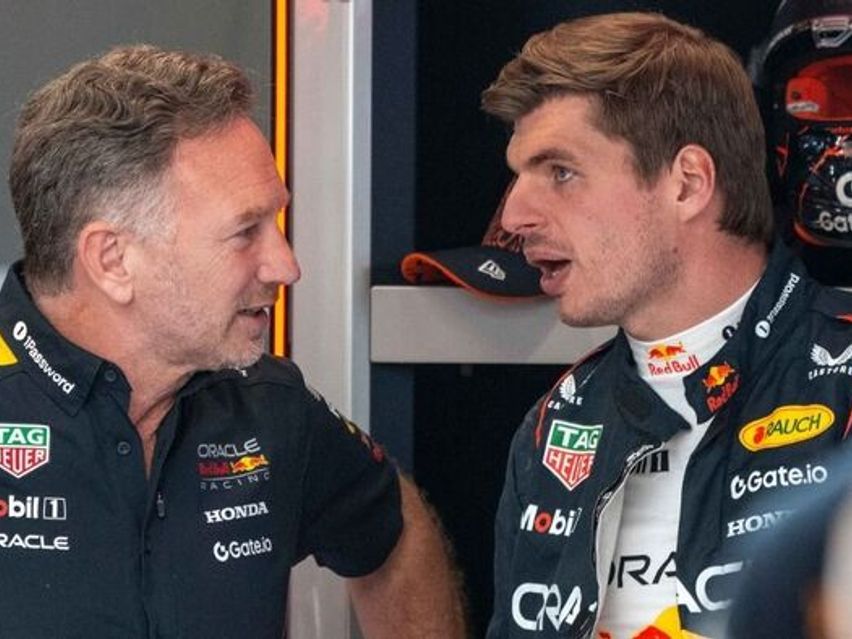
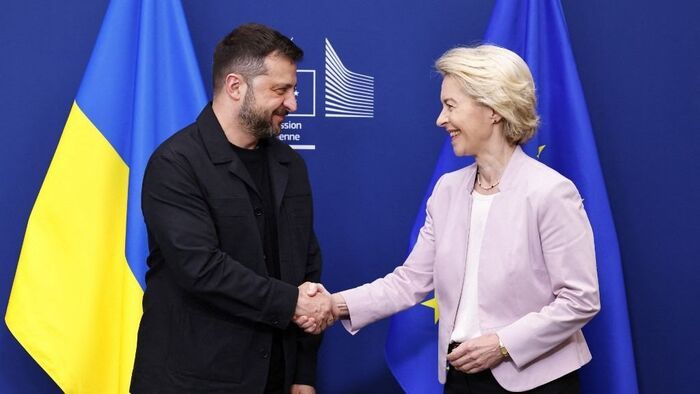

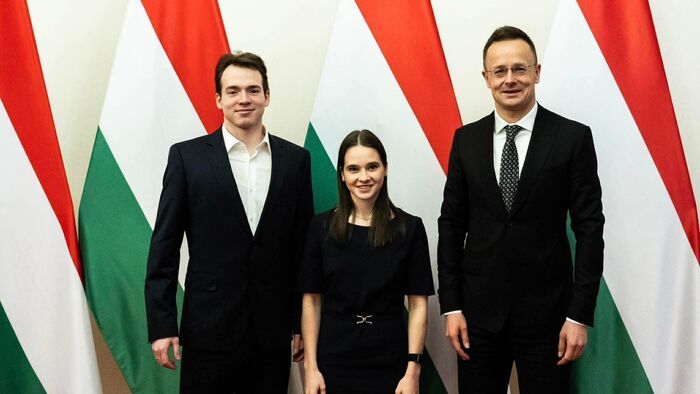
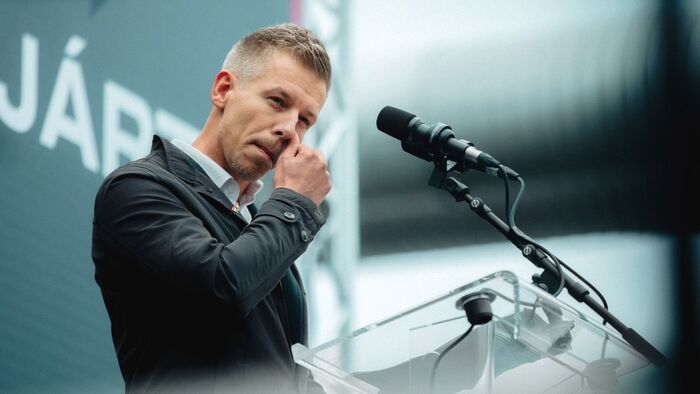
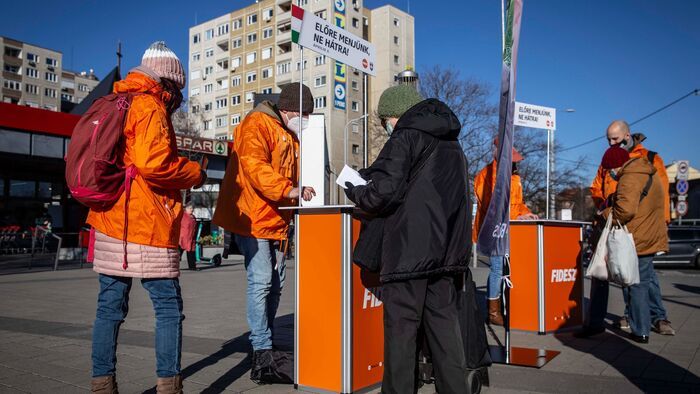
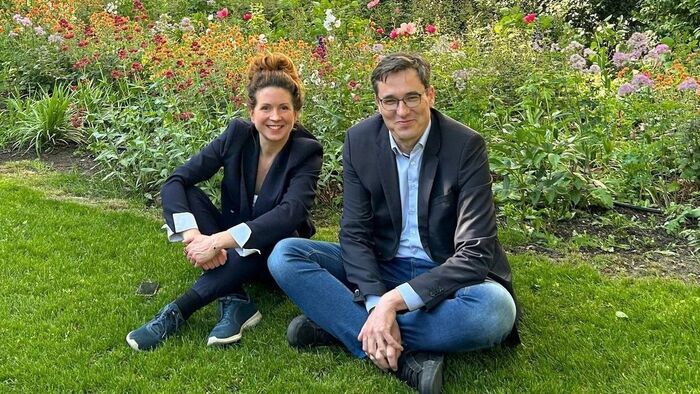

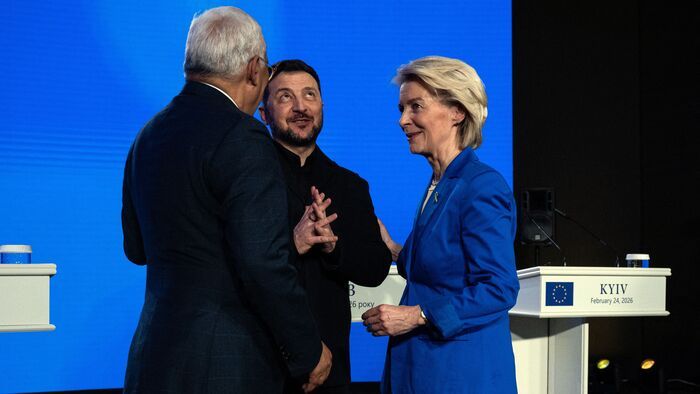
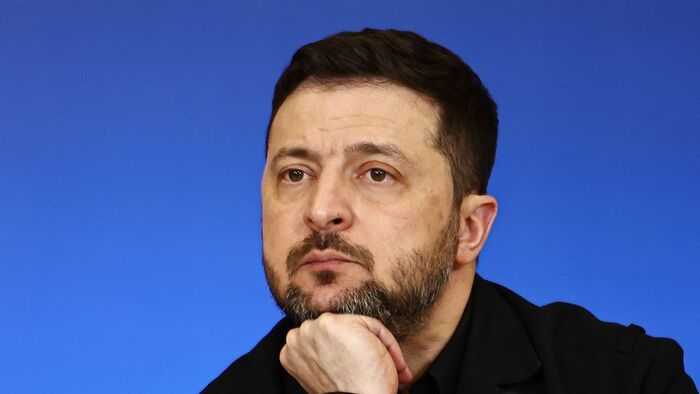


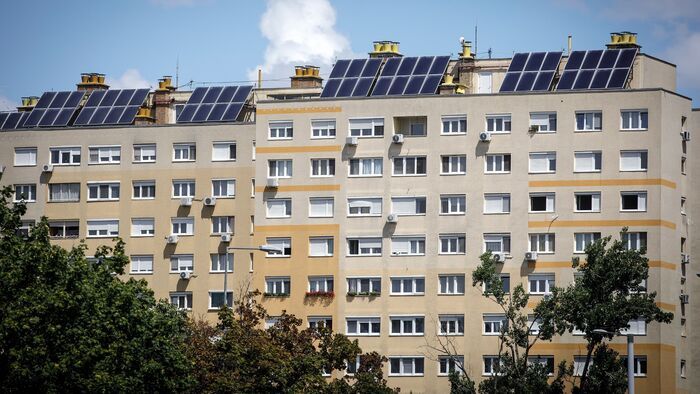
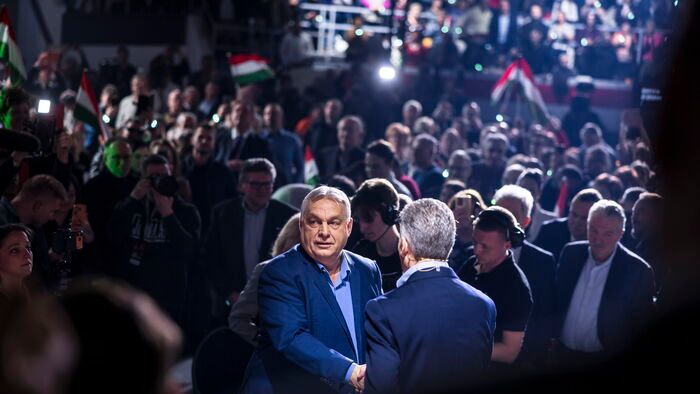

Szóljon hozzá!
Jelenleg csak a hozzászólások egy kis részét látja. Hozzászóláshoz és a további kommentek megtekintéséhez lépjen be, vagy regisztráljon!